15 Signs You're Ready to Buy a Home

15 Signs You're Ready to Buy a Home
Buying a home is a huge commitment
Buying a house can change every aspect of your life, from your location to your financial situation. You don't want to jump into a purchase until you're sure you're really prepared.
But how can you know? Just watch for these 15 signs that it's a good time for you to purchase a property of your own.
5 Stocks Under $49
Presented by Motley Fool Stock Advisor
We hear it over and over from investors, "I wish I had bought Amazon or Netflix when they were first recommended by The Motley Fool. I'd be sitting on a gold mine!" It's true, but we think these 5 other stocks are screaming buys. And you can buy them now for less than $49 a share! Click here to learn how you can grab a copy of "5 Growth Stocks Under $49" for FREE for a limited time only.
Previous
Next
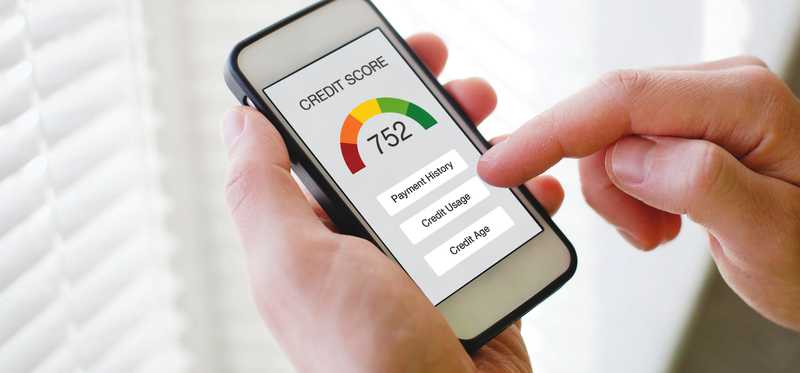
1. Your credit score is in good shape
Chances are good you'll need a mortgage to afford a home. And mortgages at competitive rates are more likely to be available if you have good credit.
While it's possible to get a house with a credit score as low as 500 with certain government-backed loans, you'll want at least a 620 score to qualify with most lenders -- and, ideally, a score above 740 to get the best rates and loan terms.
ALSO READ: The Complete Guide to Understanding Your Credit Score
Previous
Next
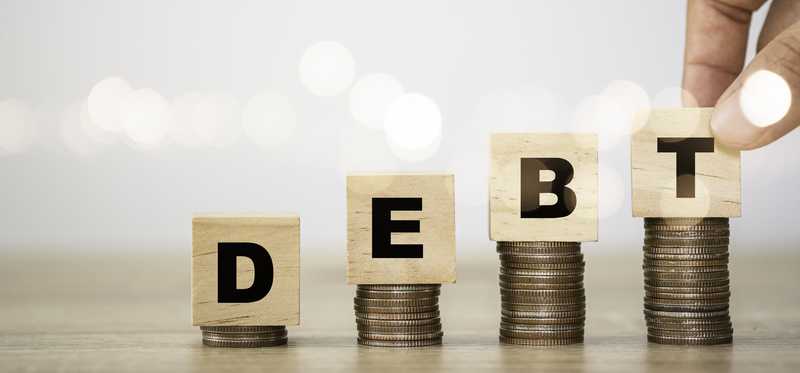
2. You don't have a ton of other debt
It's not just credit that affects whether you get a mortgage and how much your loan costs. Lenders also look at your debt compared to your income.
This is called your debt-to-income ratio, and if it's too high, you'll have a limited choice of borrowing options and will probably have to pay a higher rate. In some cases, you may not qualify at all.
To avoid ending up with a more expensive loan, it's a good idea to wait until you don't owe a lot before applying for a mortgage. This will also make affording your housing costs easier.
Previous
Next
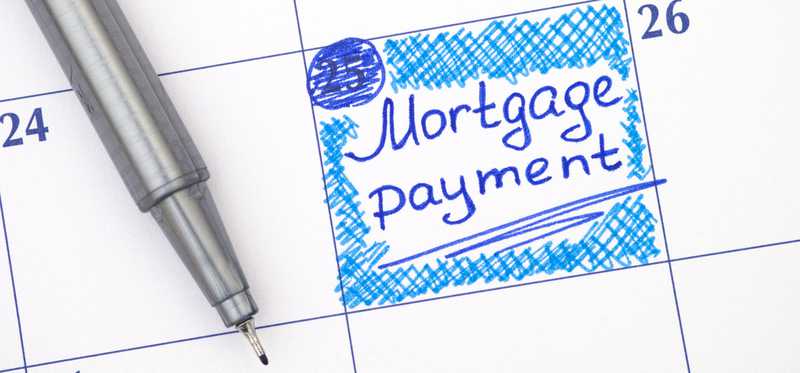
3. You're making plenty of money to afford the mortgage payments
Lenders want to confirm you have plenty of money to repay your loan. If you'd be stretching your budget and your housing costs would exceed around 28% of your earnings, then you may have a more limited array of mortgage options to choose from.
Aside from the fact that lenders want you to have a healthy income, you shouldn't move forward with a home purchase unless you're confident you're making enough to cover mortgage payments easily.
Otherwise, you risk foreclosure or could find yourself house poor, spending so much of your money on housing costs that you have nothing left over for retirement savings or other goals.
ALSO READ: This Is the Average U.S. Rent Price. Can You Afford It?
Previous
Next

4. You haven't changed jobs recently
When assessing your income to see how much you can borrow, mortgage lenders want to see a history of stable earnings. Ideally, you'll have been at your job and earning a similar salary for around two years.
If you've recently made a career change or your income has risen or fallen dramatically, this could create problems with the loan approval. You may want to wait to try to become a homeowner until you can show a more stable career trajectory.
Previous
Next

5. You're planning to stay in your home for at least a few years
A home is a very illiquid asset. There are large transaction fees both when buying and selling a property. And it can take time and effort to find a buyer.
As a result, it typically doesn't pay to purchase a home if you'll be in it less than two years at a bare minimum -- ideally, closer to five years. If you stay put for several years, you're more likely to see the property appreciate enough in value to cover your closing costs.
Staying in your home for at least two years can also help you avoid or reduce capital gains taxes if you sell at a profit.
5 Stocks Under $49
Presented by Motley Fool Stock Advisor
We hear it over and over from investors, "I wish I had bought Amazon or Netflix when they were first recommended by The Motley Fool. I'd be sitting on a gold mine!" It's true, but we think these 5 other stocks are screaming buys. And you can buy them now for less than $49 a share! Click here to learn how you can grab a copy of "5 Growth Stocks Under $49" for FREE for a limited time only.
Previous
Next
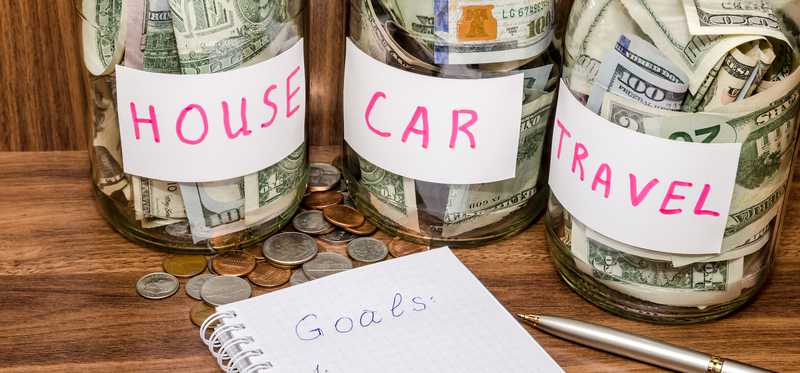
6. You have a down payment saved up
Almost all lenders want homebuyers to put some money down -- although the amount could be as low as 3% of the home's value.
While it's possible to find no-down-payment loans, such as Veterans Association (VA) or U.S. Department of Agriculture (USDA) loans, you have a much more limited choice of lenders. And whether you get a conventional or government-backed loan, you can expect to pay added fees for options with low down payments.
Ideally, you'll have 20% of the home's value saved to put down so that you can get the best rates, have the widest choice of lenders, and avoid paying for mortgage insurance.
Previous
Next
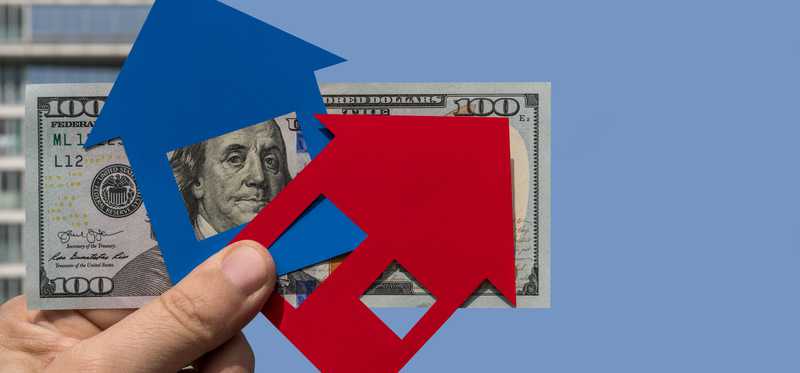
7. You have money in the bank to cover closing costs
Closing costs are an upfront expense you'll have to pay when purchasing a home. They can add up to 2% to 5% of the home's value. While some lenders offer the option to avoid this initial cost, it usually makes your loan more expensive because you end up borrowing more or paying a higher interest rate.
If you don't want higher housing costs, consider waiting to become a homeowner until you're ready to pay closing fees.
Previous
Next

8. You've prepared for moving expenses
Whether you're managing the move yourself or hiring someone to do it for you, it's going to cost you some money to transport all your possessions to your new home.
You'll have to pay this cost upon moving in, so you aren't ready to become a homeowner until you've got money to cover it.
ALSO READ: These Seemingly Minor Expenses Wrecked Our Budget When We Bought a New Home
Previous
Next
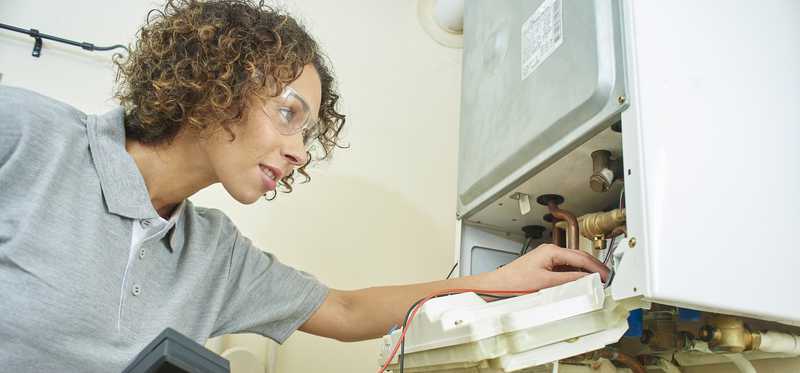
9. You've estimated future maintenance and repair costs
If you've never owned your own home, you haven't had to cope with the expenses associated with maintenance and repairs. These costs can be surprisingly high, so you need to ensure you're prepared to cover them before buying a property.
Typically, experts advise budgeting around 1% of your home's cost for maintenance and repairs each year. In years when you spend less, saving this money for future big expenses (such as a new roof) is a good idea.
Previous
Next
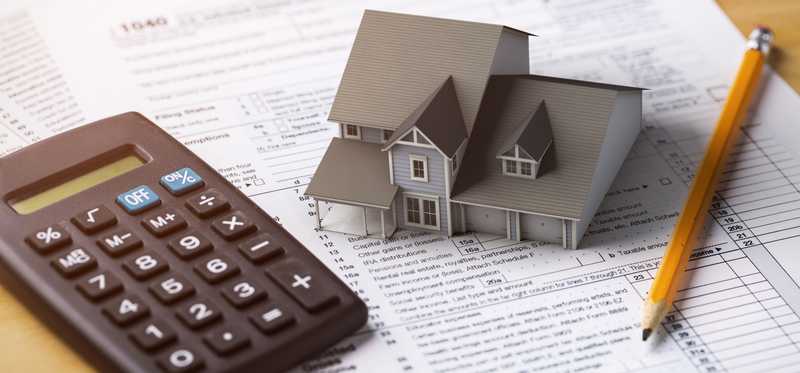
10. You've researched property tax rules in your area
Property taxes are another required bill you have to pay, and in some cases, they can cost as much or more than your mortgage does.
You need to know property tax rates in your area before becoming a homeowner so that you can budget to include this expense and make sure you can still easily afford your home.
5 Stocks Under $49
Presented by Motley Fool Stock Advisor
We hear it over and over from investors, "I wish I had bought Amazon or Netflix when they were first recommended by The Motley Fool. I'd be sitting on a gold mine!" It's true, but we think these 5 other stocks are screaming buys. And you can buy them now for less than $49 a share! Click here to learn how you can grab a copy of "5 Growth Stocks Under $49" for FREE for a limited time only.
Previous
Next

11. You've obtained quotes from several mortgage lenders
Mortgage rates vary substantially among lenders, so you shouldn't just go to your local bank to apply for a loan. It's a good idea to get multiple quotes -- at least three, ideally more -- from different lenders before you move forward with a home purchase.
Pay attention to interest rates, up-front points, and origination fees to ensure you're getting the lowest loan costs overall as you compare your loan options.
ALSO READ: Best Mortgage Lenders for First-Time Home Buyers of February 2022
Previous
Next
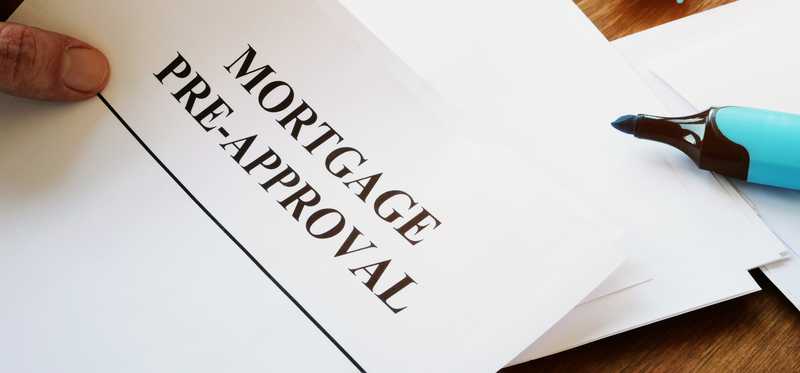
12. You've started the preapproval process
Mortgage lenders will actually review your financial credentials and preapprove you for a loan before you've found a particular house. You should go through this process.
While preapproval doesn't guarantee final approval, you will get the loan on the agreed-upon terms as long as the house appraises for enough and your finances haven't changed before you secure final approval.
Preapproval helps you see exactly what your loan will cost before shopping for a home. Most sellers also want a preapproval letter included if they're going to approve an offer since they need to know you can actually finance your purchase.
Previous
Next

13. You've found a real-estate agent you can trust
It's possible to buy a house without a real estate agent. But it is a good idea to have an agent helping you -- especially if you're purchasing your first home.
A real estate agent can provide invaluable advice on issues related to your local property market. Your agent will also look out for your needs as you negotiate an offer and get your deal to closing.
The best part is buyers don't pay for a realtor's service -- sellers do. So you can get extra help at no cost to you. You'll want to make sure you find an agent you're confident in, though, as they'll be helping you make one of the biggest purchases of your life.
Previous
Next

14. You've researched property values in your area
It's a good idea to know how far your money will stretch before you start shopping for a home. You may also want to consider whether it's a good time to buy.
If property values have risen significantly and you think prices may be in a bubble, waiting to purchase could save you money.
Previous
Next

15. You have the time and desire to take on the responsibilities of property upkeep
Finally, you need to make sure you're personally ready to take on the added responsibilities of owning your own place. All the tasks a landlord is currently taking care of will fall on your shoulders, and this can be a major lifestyle change.
It's one you want to be certain will make you happy, as once you've purchased your home, chances are good you'll need to stay put for a while to avoid large financial losses.
5 Stocks Under $49
Presented by Motley Fool Stock Advisor
We hear it over and over from investors, "I wish I had bought Amazon or Netflix when they were first recommended by The Motley Fool. I'd be sitting on a gold mine!" It's true, but we think these 5 other stocks are screaming buys. And you can buy them now for less than $49 a share! Click here to learn how you can grab a copy of "5 Growth Stocks Under $49" for FREE for a limited time only.
Previous
Next

Are you ready to move forward with your purchase?
If these 15 signs indicate you're ready to make a home purchase, chances are good you'll end up happy if you move forward with becoming a property owner.
If you haven't yet accomplished these milestones, you may want to wait a little longer to ensure that buying a house is really the right choice for you.
The Motley Fool has a disclosure policy.
Previous
Next
Invest Smarter with The Motley Fool
Join Over Half a Million Premium Members Receiving…
- New Stock Picks Each Month
- Detailed Analysis of Companies
- Model Portfolios
- Live Streaming During Market Hours
- And Much More
READ MORE
HOW THE MOTLEY FOOL CAN HELP YOU
-
Premium Investing Guidance
Market beating stocks from our award-winning service
-
The Daily Upside Newsletter
Investment news and high-quality insights delivered straight to your inbox
-
Get Started Investing
You can do it. Successful investing in just a few steps
-
Win at Retirement
Secrets and strategies for the post-work life you want.
-
Find a Broker
Find the right brokerage account for you.
-
Listen to our Podcasts
Hear our experts take on stocks, the market, and how to invest.
Premium Investing Services
Invest better with The Motley Fool. Get stock recommendations, portfolio guidance, and more from The Motley Fool's premium services.